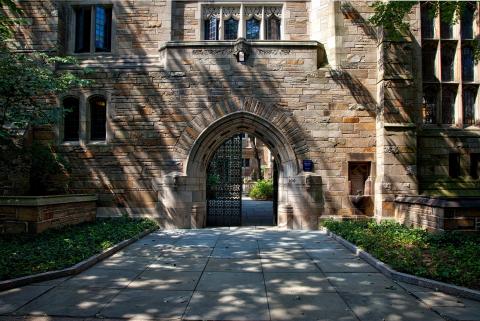Navigating College Admissions in a Shifting Economy
Feb 08,2024
The economic landscape has a significant impact on various aspects of society, including higher education. As economic conditions fluctuate, so too do trends in college applications. This article explores the dynamic relationship between the current economy and college admissions, shedding light on how economic factors influence student decisions and college acceptance rates.
-
Financial Considerations and Affordability:
-
Rising Tuition Costs: Economic downturns often coincide with increases in college tuition, making higher education less affordable for many families. As a result, students may be more selective in their college choices, prioritizing institutions with lower tuition rates or generous financial aid packages.
-
Financial Aid Availability: During economic downturns, there may be heightened competition for limited financial aid resources. Students may face increased pressure to secure scholarships, grants, or loans to finance their education, impacting their college application strategies.
-
-
Shifts in Application Trends:
-
Changes in Application Volume: Economic downturns can influence application volume, with fluctuations in the number of students applying to college. In times of economic uncertainty, some students may opt to delay their college plans or pursue alternative paths, leading to changes in application trends.
-
Focus on In-State and Public Institutions: Economic challenges may prompt students to prioritize in-state or public institutions over out-of-state or private colleges, driven by considerations of affordability and access to financial aid.
-
-
Impact on College Acceptance Rates:
-
Increased Competition: Economic downturns may lead to an influx of college applications as individuals seek to improve their career prospects or gain new skills in response to challenging economic conditions. This heightened competition can result in lower acceptance rates at selective colleges and universities.
-
Changes in Admission Policies: Colleges may adjust their admission policies in response to economic pressures, such as implementing waitlist strategies, reevaluating enrollment targets, or modifying criteria for merit-based scholarships.
-
-
Adapting to Economic Uncertainty:
-
Exploring Alternative Pathways: Economic challenges may prompt students to consider alternative pathways to higher education, such as community college, online programs, or vocational training, which may offer more affordable options or shorter time frames for completion.
-
Seeking Career-Relevant Programs: In response to economic uncertainty, students may prioritize majors and programs that align with current job market demands and offer strong career prospects upon graduation.
-
-
Navigating the College Application Process:
-
Financial Planning and Aid Awareness: Students and families should engage in proactive financial planning and research to understand their options for financing college education. This includes exploring scholarship opportunities, completing the Free Application for Federal Student Aid (FAFSA), and seeking guidance from financial aid advisors.
-
Strategic Application Strategies: Students should develop strategic application strategies that align with their academic and financial goals. This may involve applying to a mix of reach, target, and safety schools, considering factors such as cost, location, and program offerings.
-
The current economy exerts a profound influence on college applications, shaping student decisions and college admission trends. As students navigate the college application process amidst economic uncertainty, it's essential to consider financial considerations, shifts in application trends, and strategies for adapting to changing admission landscapes. By staying informed, proactive, and strategic, students can position themselves for success in their college pursuits, even in challenging economic times.





